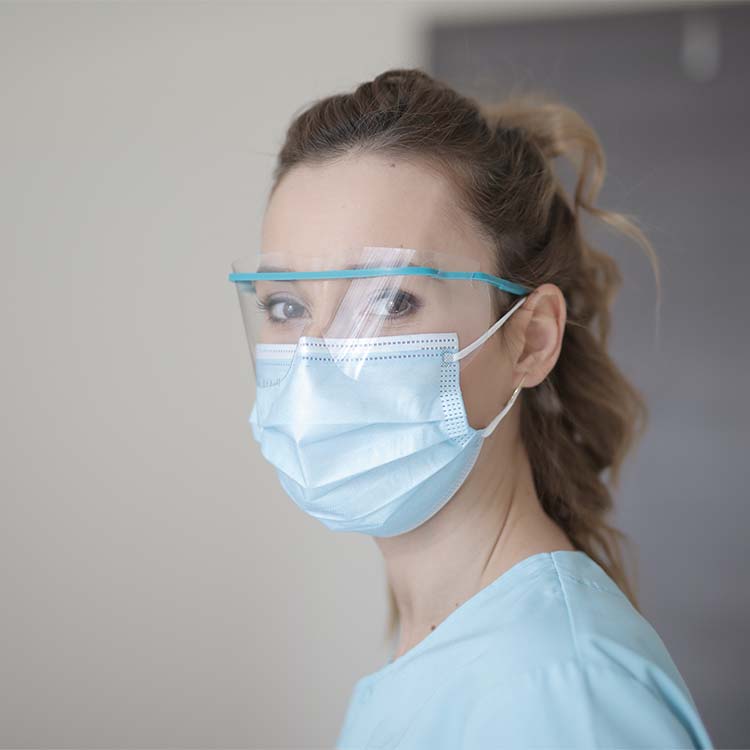Search

Here’s what we know so far about the impact of COVID-19 on children.
Invasive aspergillosis (IA) in haematology/oncology patients presents as primary infection or breakthrough infection, which can become refractory to antifungal treatment and has a high associated mortality. Other emerging patient risk groups include patients in the intensive care setting with severe respiratory viral infections, including COVID-19.
Christopher Blyth MBBS (Hons) DCH FRACP FRCPA PhD Centre Head, Wesfarmers Centre of Vaccines and Infectious Diseases; Co-Head, Infectious Diseases
Liz Davis MBBS FRACP PhD Co-director of Children’s Diabetes Centre Co-director of Children’s Diabetes Centre Professor Davis is a paediatric
Convalescent plasma has been widely used to treat COVID-19 and is under investigation in numerous randomized clinical trials, but results are publicly available only for a small number of trials. The objective of this study was to assess the benefits of convalescent plasma treatment compared to placebo or no treatment and all-cause mortality in patients with COVID-19.
COVID-19 has had far-reaching impacts including changes in work, travel, social structures, education, and healthcare. This study aimed to explore the experiences of parents of children receiving treatment for cancer during the COVID-19 pandemic.
Although previous evidence suggests that the infection fatality rate from COVID-19 varies by age and sex, and that transmission intensity varies geographically within countries, no study has yet explored the age-sex-space distribution of excess mortality associated with the COVID pandemic.
COVID-19-associated non-pharmaceutical interventions (NPI) have disrupted respiratory viral transmission. We quantified the changes in paediatric hospital admissions in 2020 from five different NPI phases in Western Australia for acute lower respiratory infections (ALRI) in children in the context of all-cause admissions.
The rollout of vaccines against COVID-19 is prompting governments and the private sector to adopt mandates. However, there has been little conceptual analysis of the types of mandates available, nor empirical analysis of how the public thinks about different mandates and why. Our conceptual study examines available instruments, how they have been implemented pre-COVID, and their use for COVID-19 globally.
The COVID-19 pandemic has impacted new mothers’ wellbeing and breastfeeding experience. Women have experienced changes in birth and postnatal care and restricted access to their support network. It is unclear how these impacts may have changed over time with shifting rates of infection and policies restricting movement and access to services in Australia and New Zealand.
